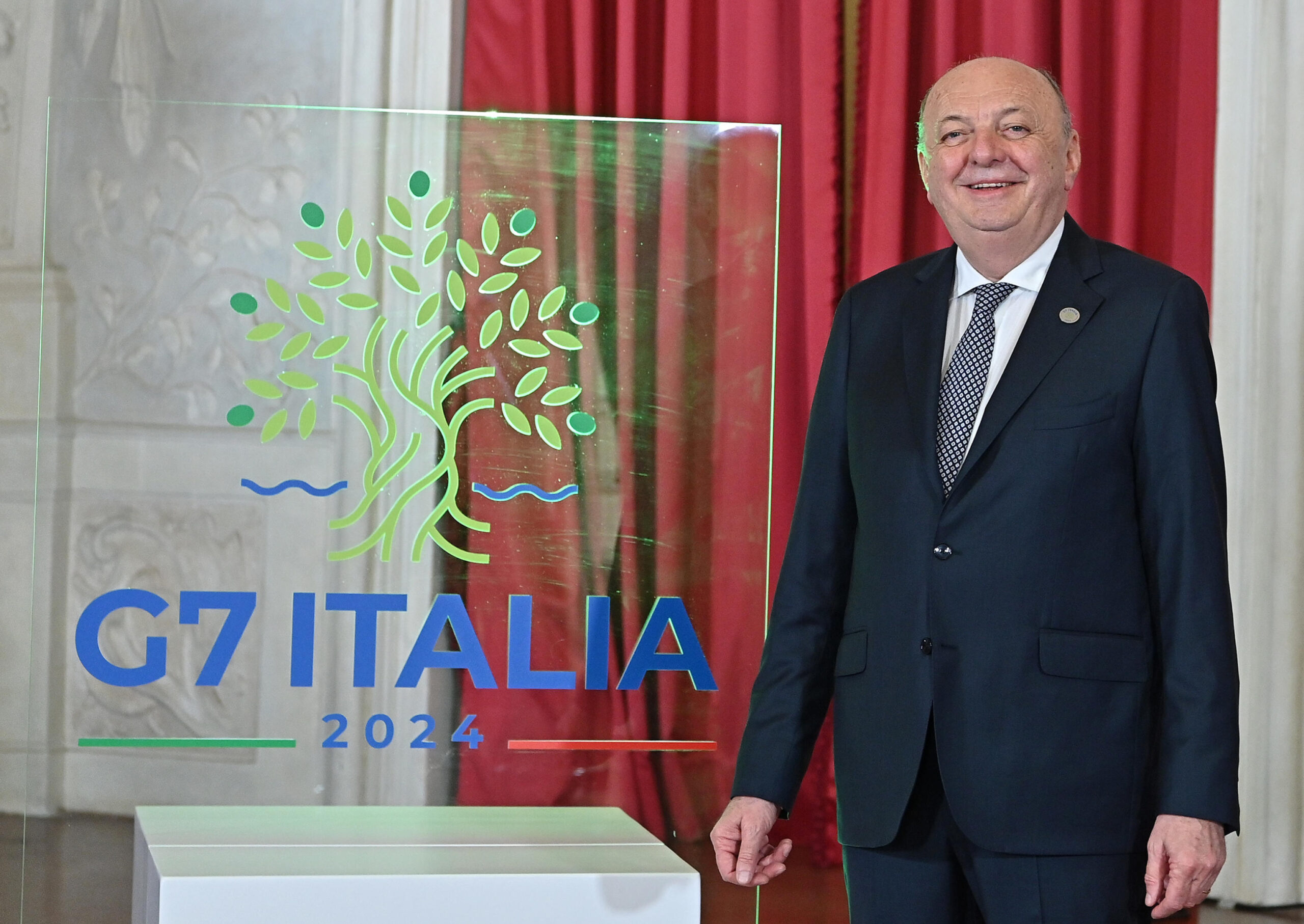The curtain falls on the G7 Environment, Energy and Climate, which opened on Sunday 28 April at the Venaria Reale Palace, near Turin. Ministers from Italy, Canada, France, Germany, Japan, the United Kingdom and the United States reached agreement on a series of commitments to decarbonise and combat climate change. The most important aspect is coal, the dirtiest of all fossil fuels. For the first time, the G7 countries committed to “phase out coal-fired electricity generation during the first half of the 2030s or a period consistent with keeping temperatures below 1.5°C”. As for other countries, the final document includes a commitment to push for a swift halt to the approval of new coal-fired power plants worldwide.
The “phasing out” of coal
Contrary to what you might think, coal is still used to generate electricity in some of the most industrialized countries. The black jersey certainly goes to Japan, which in 2023 will get 30% of its electricity from this fossil fuel, which is one of the main causes of the climate crisis. Germany is a bit better off (26%), but has committed to completely abandon the use of coal from 2038. The United States, which generates 16% of its electricity from coal, has made the same commitment, but has not yet given a clear date by which to stop. However, the other G7 countries should have no problem eliminating this source from their energy mix. Coal accounts for 7% of electricity generation in Canada, 5% in Italy, 1% in France and the United Kingdom.
“Coalition for Water”
Among the novelties of the Turin summit is also the announcement of the birth of the G7 Water Coalition, which aims to “identify common goals and strategies, accelerate common ambitions and priorities to address the global water crisis, and integrate water and its cross-sectoral relevance effectively and consistently into existing forums and processes.” ” The coalition will first develop a “preliminary inventory of processes and opportunities” to define a real “global water agenda”. From now on, the G7 rotating presidency will organize at least one meeting per year on the topic to ensure that “the objectives and outcomes of each proposed workshop are targeted and clear’.
Commitments related to renewable resources
In terms of energy policy, the Turin summit reaffirms the commitment made at COP28 in Dubai to “support the tripling of global renewable energy capacity” in the world to “enhance energy security”. The global goal of reaching 1,500 GW of energy storage capacity in the energy sector in 2030 is also confirmed. For all this, the ministers emphasize in the final document, it is necessary to “expand, strengthen, modernize and digitize the networks”. An effort that requires $600 billion a year to reach the goals set for 2030.
Support for nuclear power
In addition to renewables commitments, the G7 in Turin is also providing support to support the launch of a new generation of nuclear power. “For those countries that choose to use or use nuclear energy,” reads a press release at the end of the summit, the G7 is committed to “supporting the responsible deployment of nuclear energy technologies, including advanced reactors and small reactors. modular systems, including microreactors, and work together to share national best practices, including responsible waste management.” It also affirms the desire to continue research activities in nuclear fusion technology “by encouraging increased private investment and public involvement in addressing the research and development challenges of international supply chains and workforces’.
“A Decisive Step Forward”
Among the first to express satisfaction with the outcome of the G7 in Turin is Wopke Hoekstra, the European Commissioner for Climate, who speaks of an “extraordinary success”. Thumbs up also from the think tank Ecco, one of the most important entities in Italy when it comes to environmental and climate policy. “G7 countries have taken a decisive step forward to translate COP28 in Dubai into national policies. First, a commitment to phase out fossil fuels through the development and adoption of national policies, actions and plans,” comments director Luca Bergamaschi.

